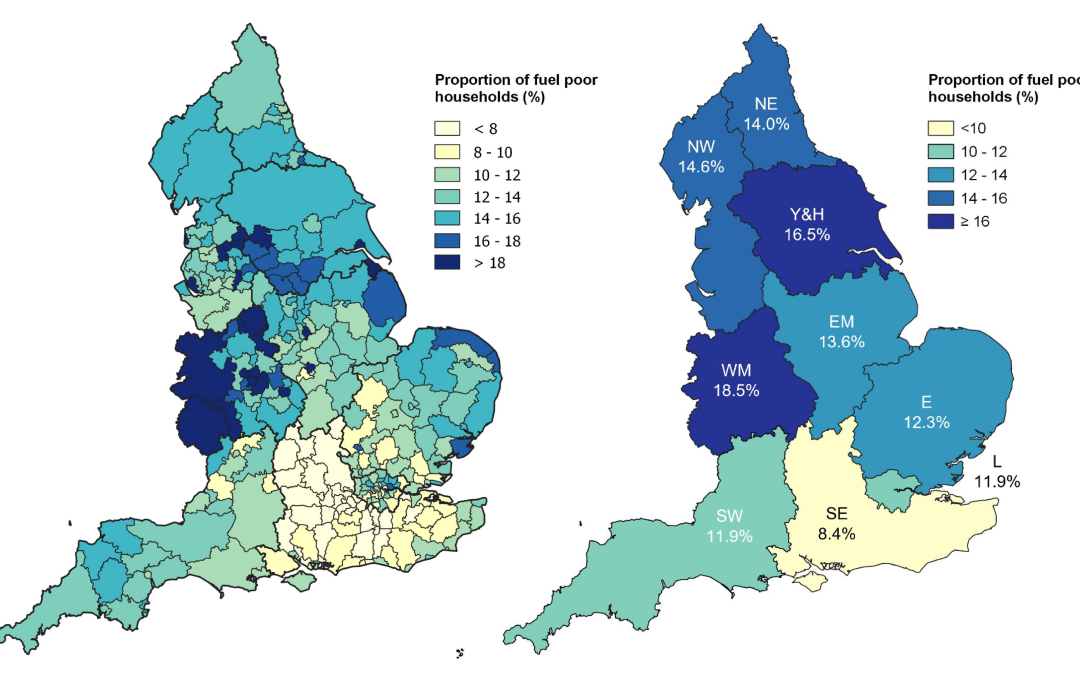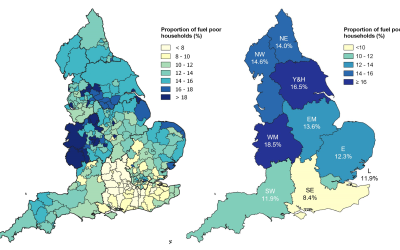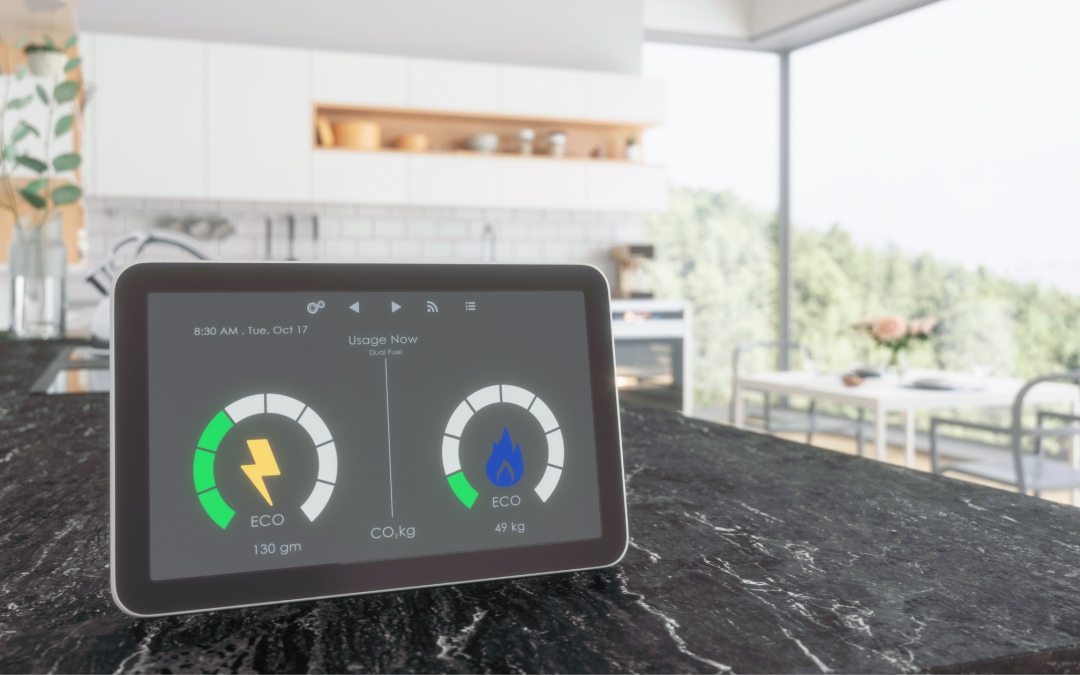You might be wondering why you paying more for your energy?
Simple answer: The energy price cap increased. On the first of April this year the energy price cap increased by 54%. What is a price cap?

West Midlands has highest rates of fuel poverty in England
West Midlands has highest rates of fuel poverty in England – but free expert advice is here!
Help is at hand for those living in fuel poverty across the West Midlands, with energy experts Warmer Homes West Midlands locating themselves in the heart of the region.
The charity’s new base in Tyseley, Birmingham means that it can more easily operate where help is needed the most.
The government’s latest fuel poverty data which has just published, shows that the West Midlands has the highest rate of fuel poverty in England – with Birmingham having the highest proportion of fuel poor households.*
Warmer Homes West Midlands delivers expert advice to those struggling to heat their homes.
Paul Wiltshire, who heads up the organisation said: “The last 12 months have been unprecedented when it comes to energy bill rises and so many people are struggling to heat their homes; pay their bills and keep warm and well.”
“We’re here to support people right across the West Midlands. Our advice is tailored for lower income residents and those in fuel poverty; and here in the West Midlands we have the highest rates in England.”
“Our advice and support is delivered by friendly, qualified energy experts who run a freephone advice service. We also have a team of outreach workers who work closely with our local communities running drop-in sessions, roadshow advice events, and training of frontline workers for partner organisations.”
“And our experts also offer home-visits to make sure that we can tailor specific advice for those who need it most.”
Paul added: “We’re on a mission to improve the health and wellbeing of people living in cold and damp homes with free impartial personalised energy advice right across the region. Our person-centred approach means we can make a big difference even when things look bleak.”
The charity can help with:
- Energy efficiency advice to to reduce bills
- Grants and funding for energy efficiency measures
- Grants for broken heating systems
- Help with fuel bills and energy debt
- Money mentoring
- Billing issues with your supplier
Call us for free on 0800 988 2881
Don’t worry alone
Notes to editors
*The government data can be found here: https://www.gov.uk/government/statistics/sub-regional-fuel-poverty-2023-2021-data/sub-regional-fuel-poverty-in-england-2023-2021-data
Warmer Homes West Midlands is a project run by of Act on Energy – a leading energy advice charity for 25 years based in Warwickshire.
Warmer Homes West Midlands has already supported more than 10,000 vulnerable households across the region in its first two years of operation. A further two years of funding was announced last October; funding awarded by Energy Savings Trust.
For further information please contact judy@actonenergy.org.uk
West Midlands has highest rates of fuel poverty in England
Changes announced to energy support packages
You might be wondering why you paying more for your energy?
Simple answer: The energy price cap increased. On the first of April this year the energy price cap increased by 54%. What is a price cap?
Government Support for Household Energy Bills
What does Government offer to help with rising energy costs?


















Recent Comments